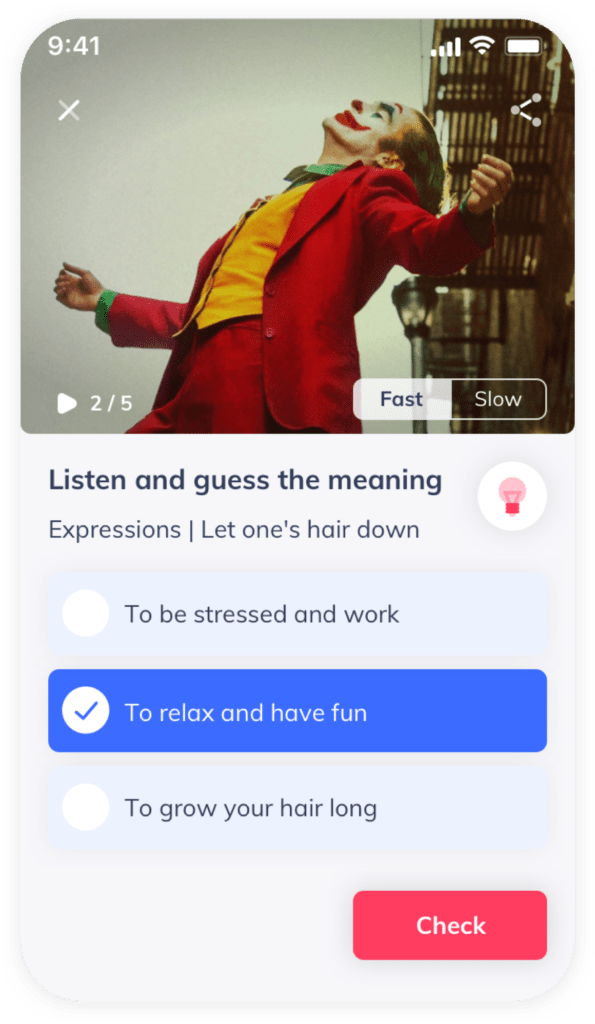Turn a blind eye is one of many common eye related idioms in English. Other languages have expressions with eye too. This infographic provided to us by contact lens retailer Lenstore shows 10 eye idioms from other languages that don’t exist in English. For example, the Spanish ‘Me costó un ojo de la cara (It cost me an eye from the face) means something very expensive. The English equivalent would be ‘It cost me an arm an a leg’. Similarly, the German ‘eye’ idiom ‘Tomaten auf den Augen haben’ (Tomatoes on ones’s eyes) means to fail to see something obvious.
Turn a blind eye meaning
This expression means to ignore a fact or reality that you prefer not to know about.

We are only as blind as we want to be – Maya Angelou
Example sentences
- Police officers should not turn a blind eye to any illegal activities they know about.
- She was able to turn a blind eye when she found out that her husband was cheating on her
- Teachers sometimes turn a blind eye to bullying at schools
- The owner of the apartment turned a blind eye when he found out that two families were living there
Origin
The modern day ‘turn a blind eye‘ is a shortened version of the idiom first seen in 1698 ‘to turn the deaf ear and the blind eye’.
The first citing of the shorter modern version dates back to 1832 in The New Sporting magazine.
«and it is equally easy for him to turn a blind eye to the trespasser by day…»
The phrase then became popular in 1801 with Admiral Horatio Nelson. Nelson had previously been blinded in one eye during the war with France. During a subsequent battle he was given orders to withdraw his soldiers but chose to ignore the signalling of the flags. Lifting a telescope to his blind eye, Nelson supposedly said to his superior » I have only one eye, I have the right to be blind sometimes»

Although the phrase ‘turn a blind eye’ was already in existence, Nelson made it famous.
Other idiomatic expressions with eye
Eye someone up
When you eye someone up you look at them in a way that shows you are attracted to them
The guys were eying the girls up at the discotheque.
Be all eyes
When you are all eyes you are watcing something with your full attention
When the important match started on TV we were all eyes
An eye for an eye
The idiomatic biblical phrase refers to the law of retaliation and exacting revenge by doing to someone exactly what has been done to you.
For example if a man kills another man, the family of the victim could say «He should be executed». An eye for an eye.
See eye to eye
If you see eye to eye with someone you both completely agree about something. The negative is ‘not to see eye to eye:
My supervisor and I do not see eye to eye
Video!
I can’t turn a blind eye to murder
As we have seen in previous posts, using English idiomatic expressions will add variety, colour, and imagery to how you communicate. And, of course, idioms not only will make you sound more natural and fluent, but will also help you understand native speakers.









